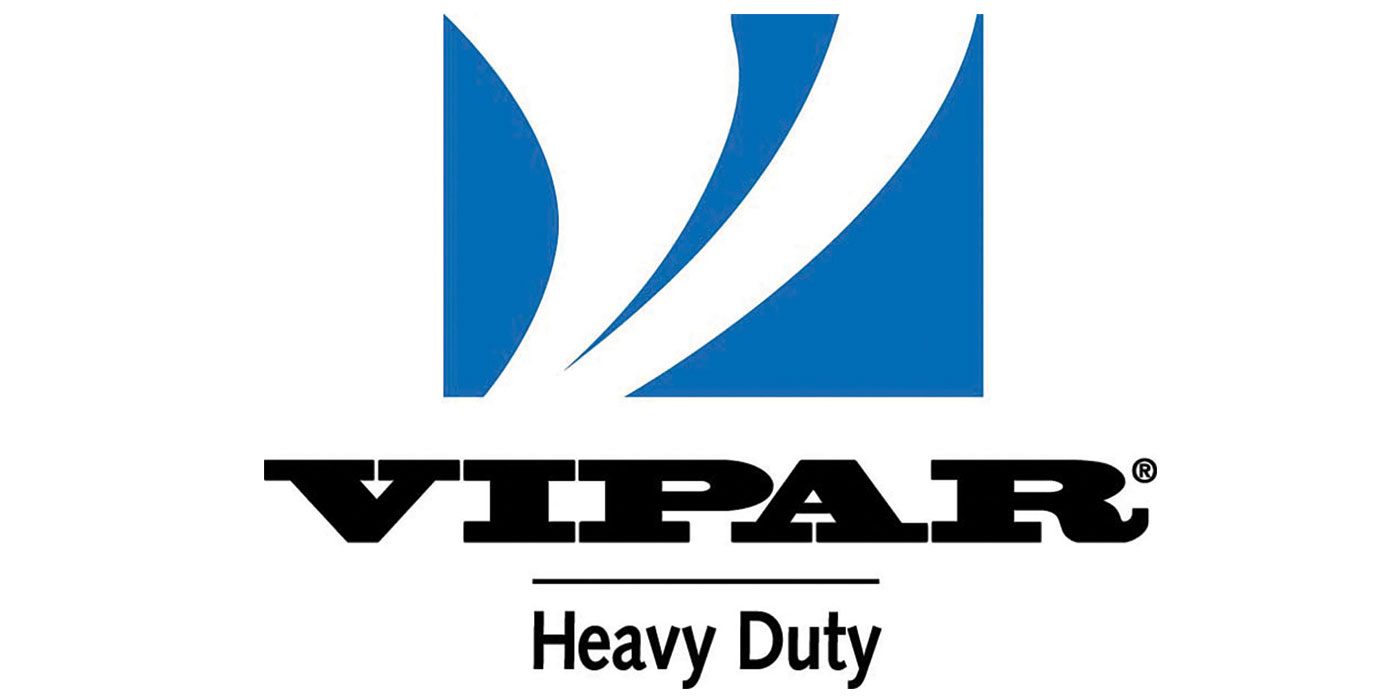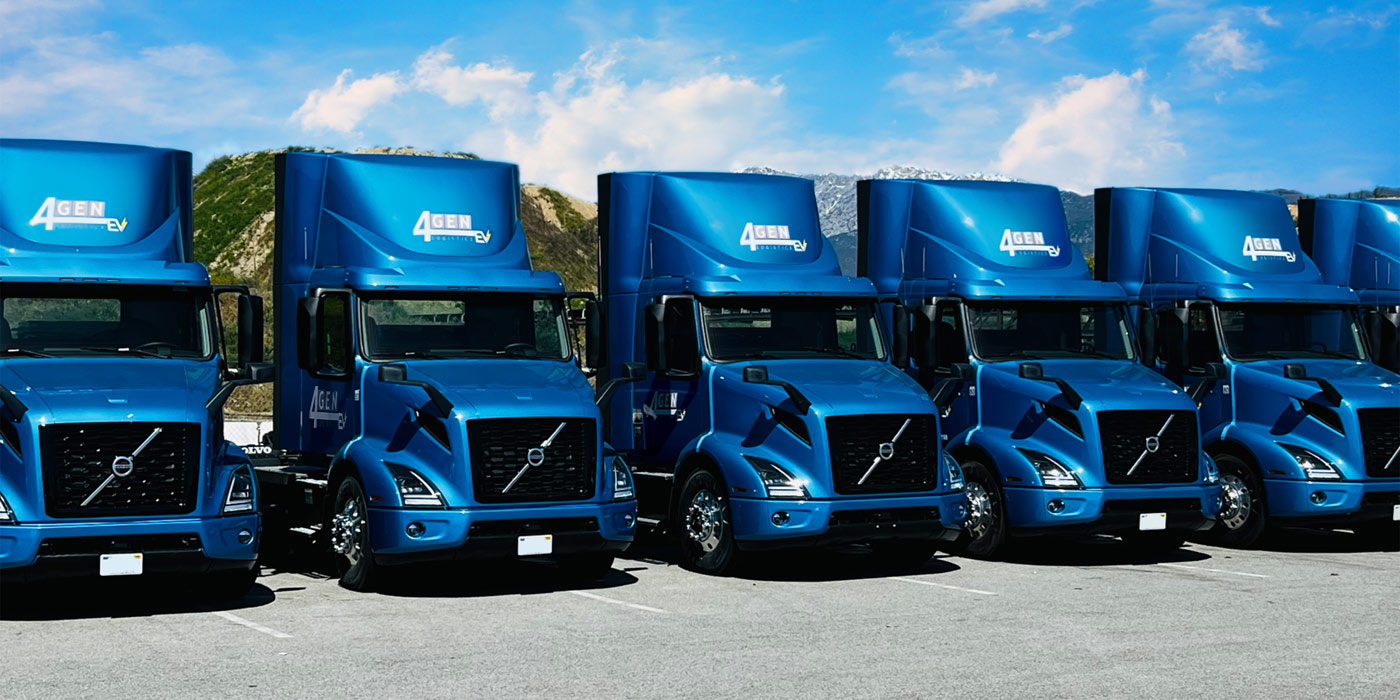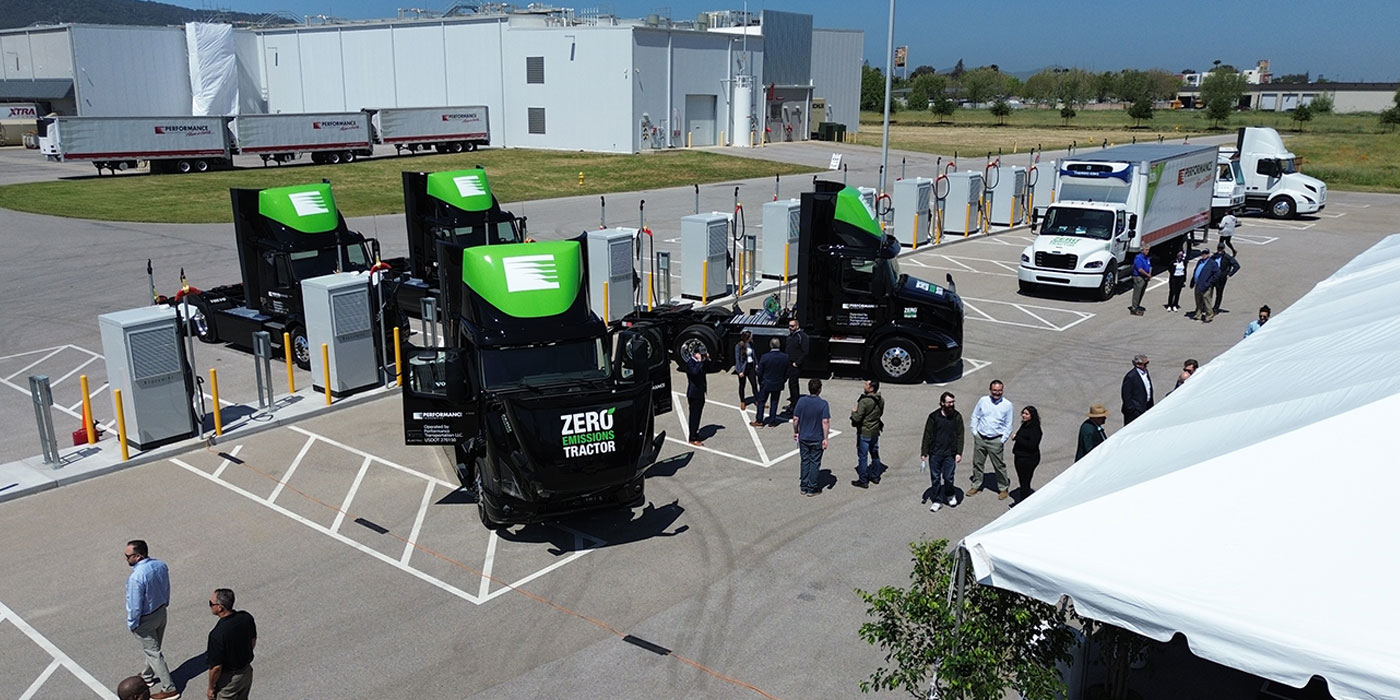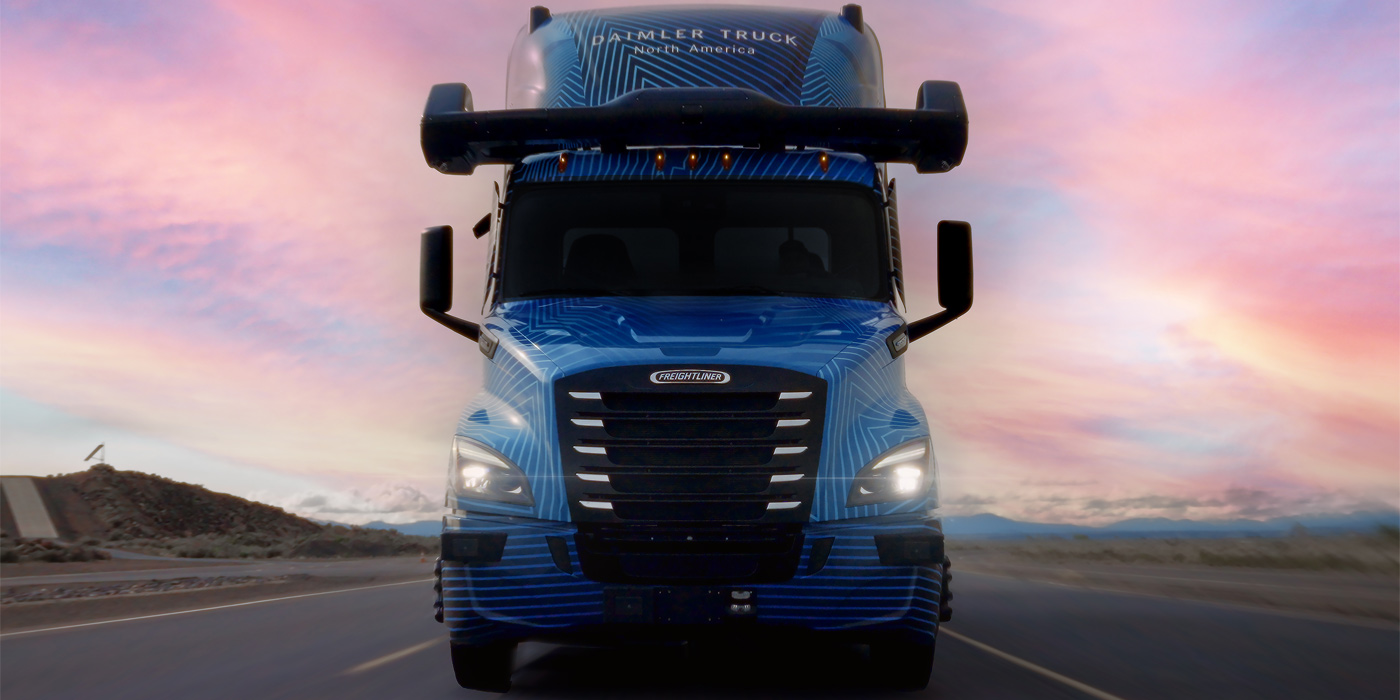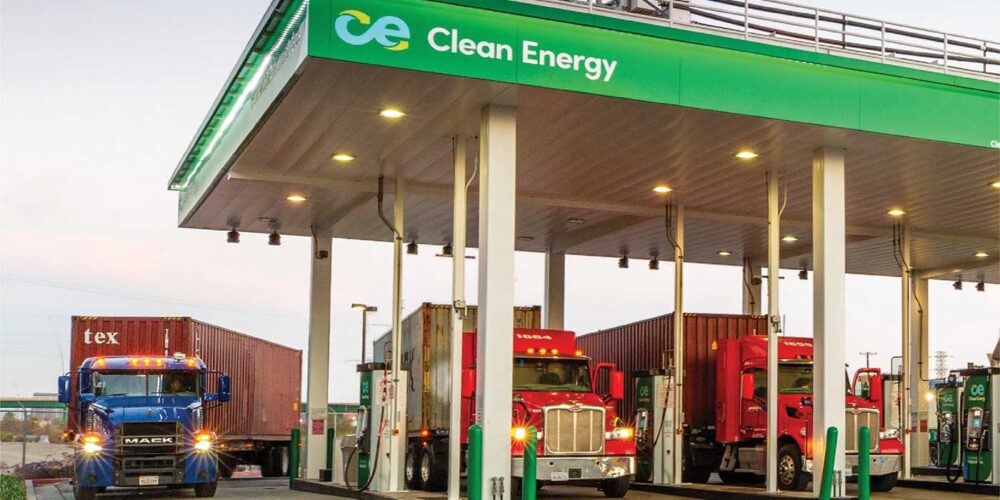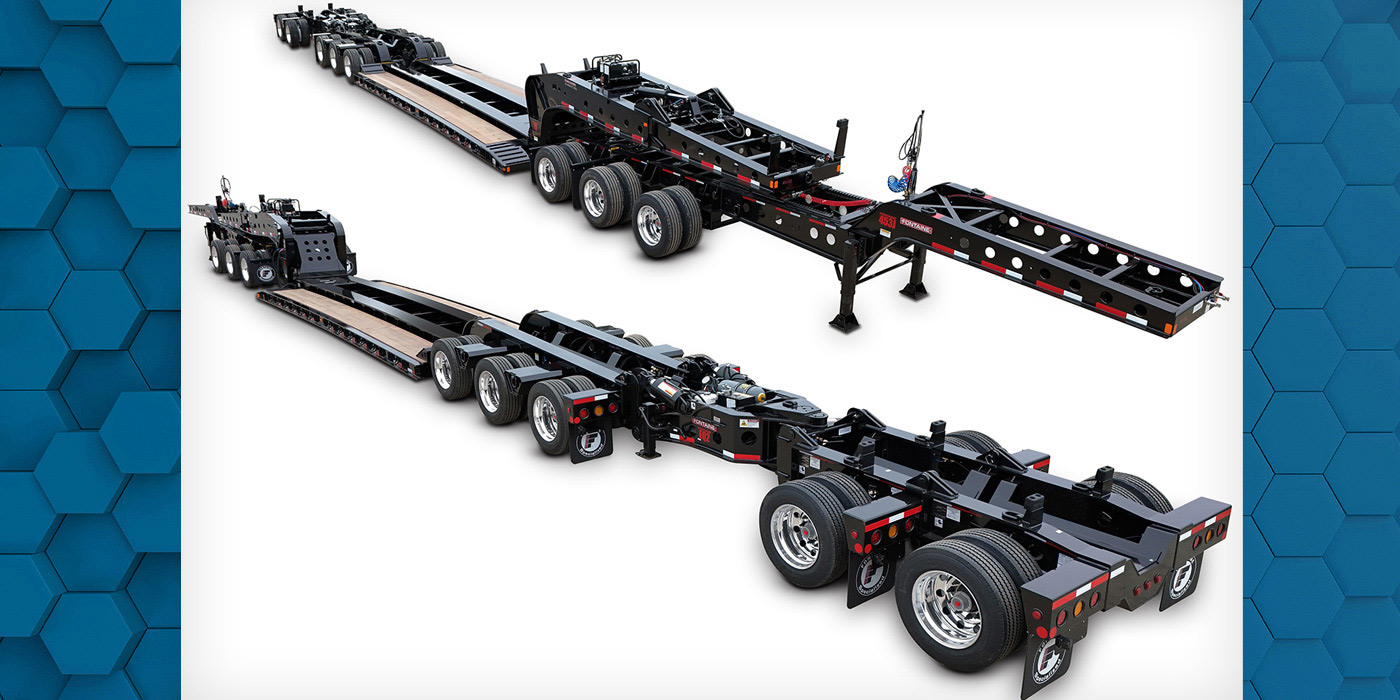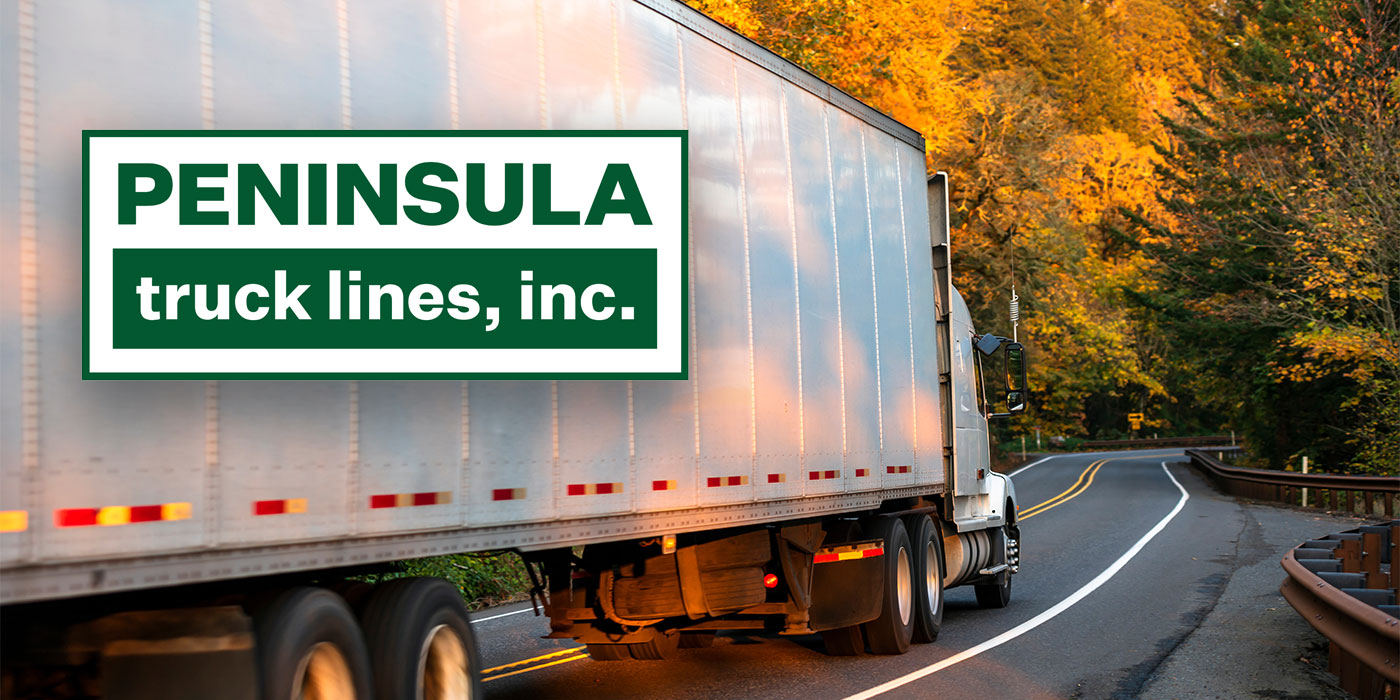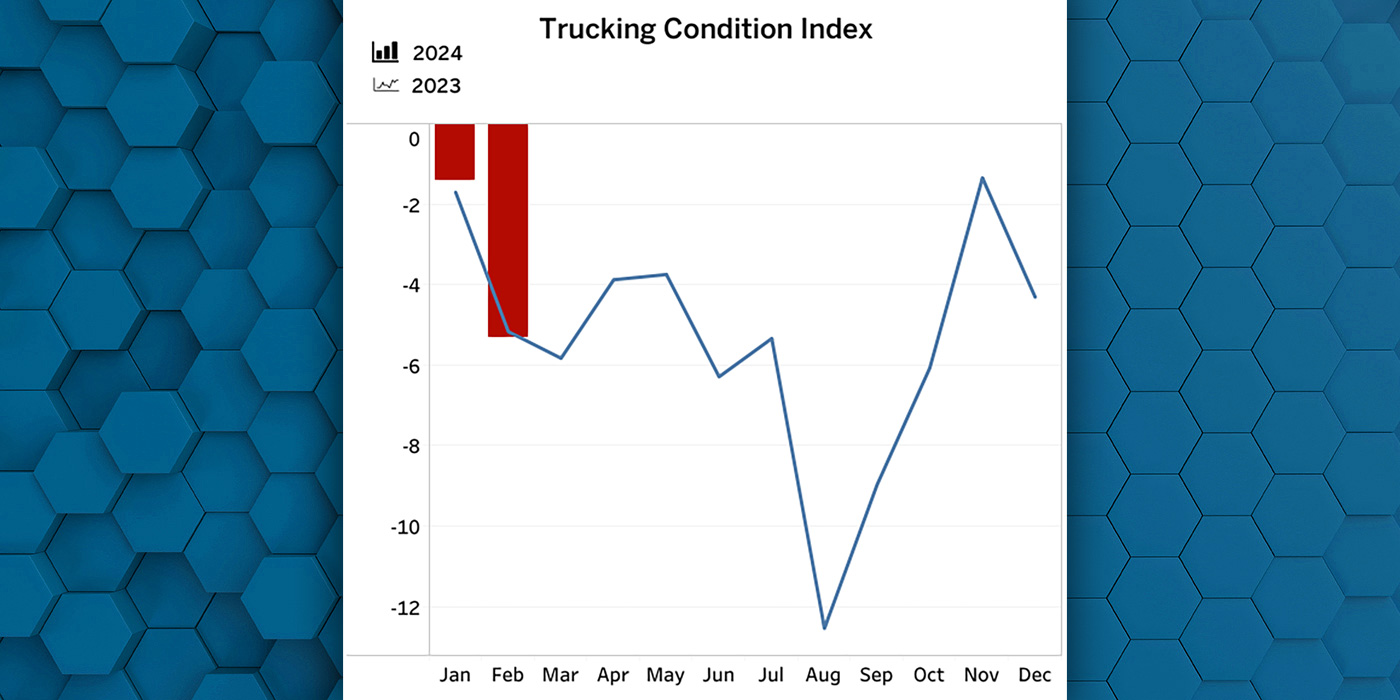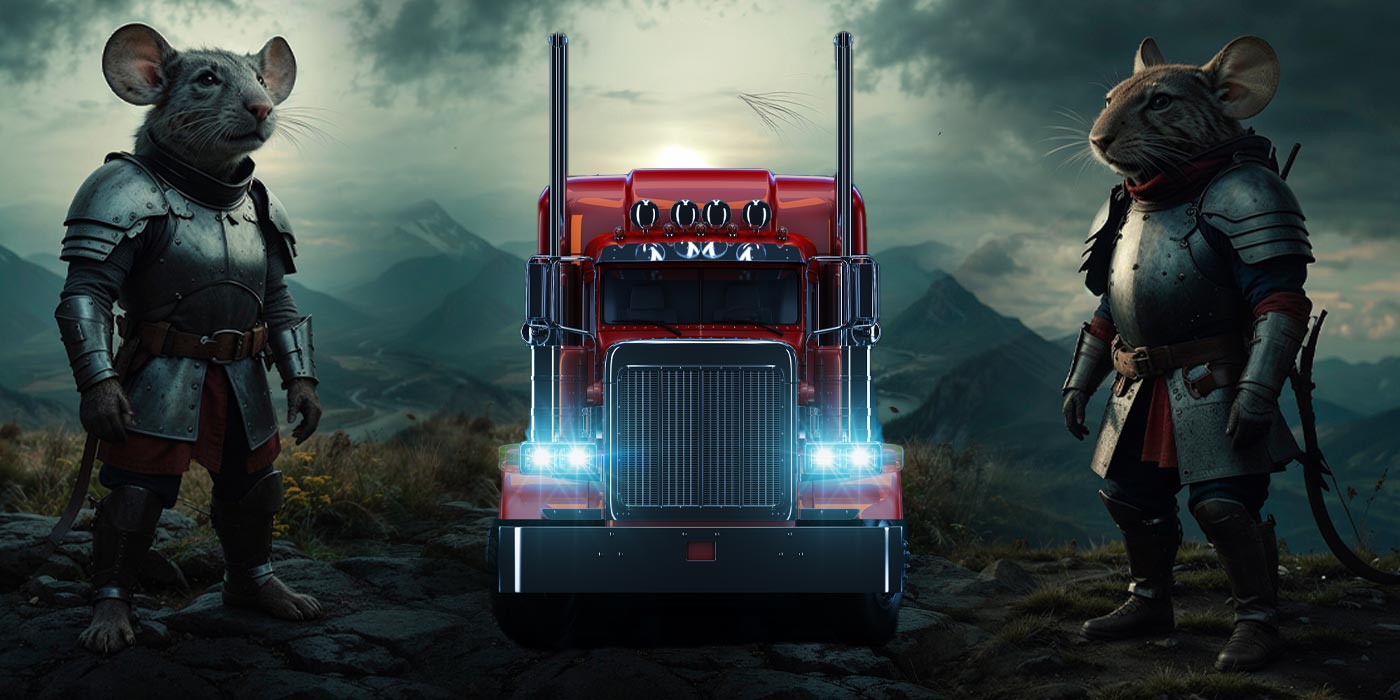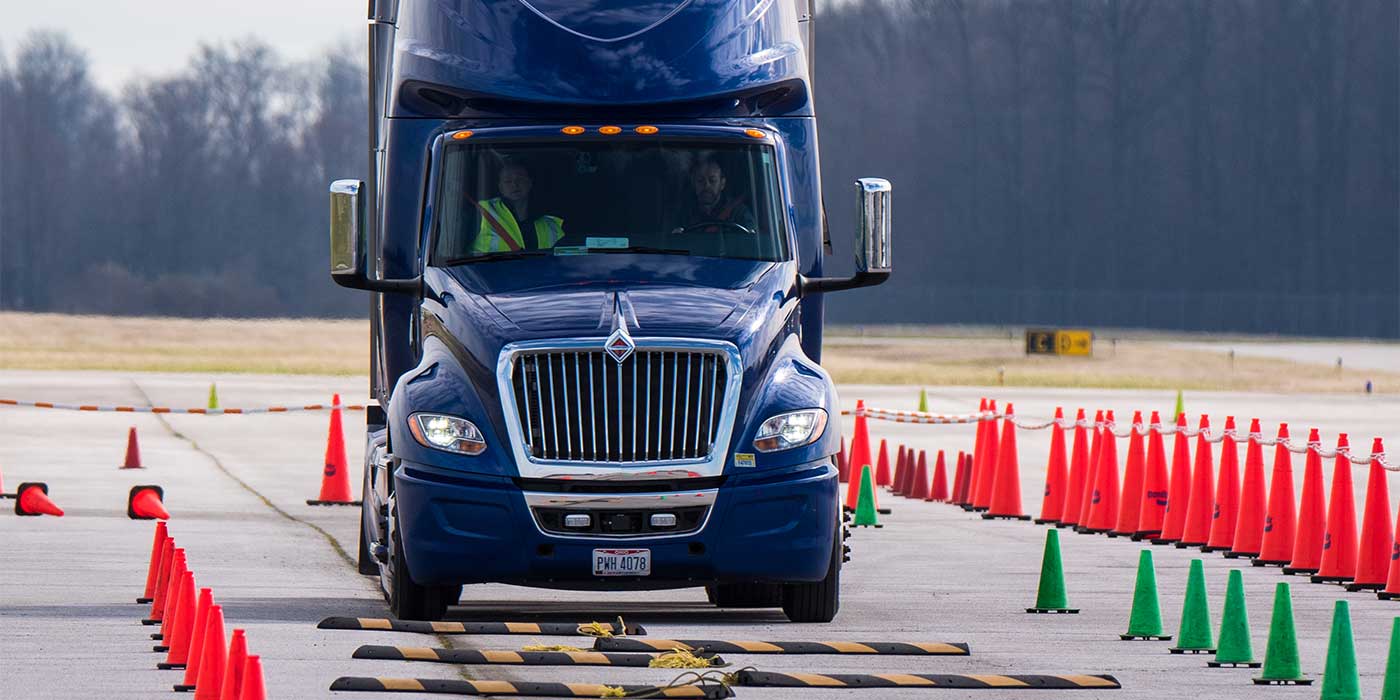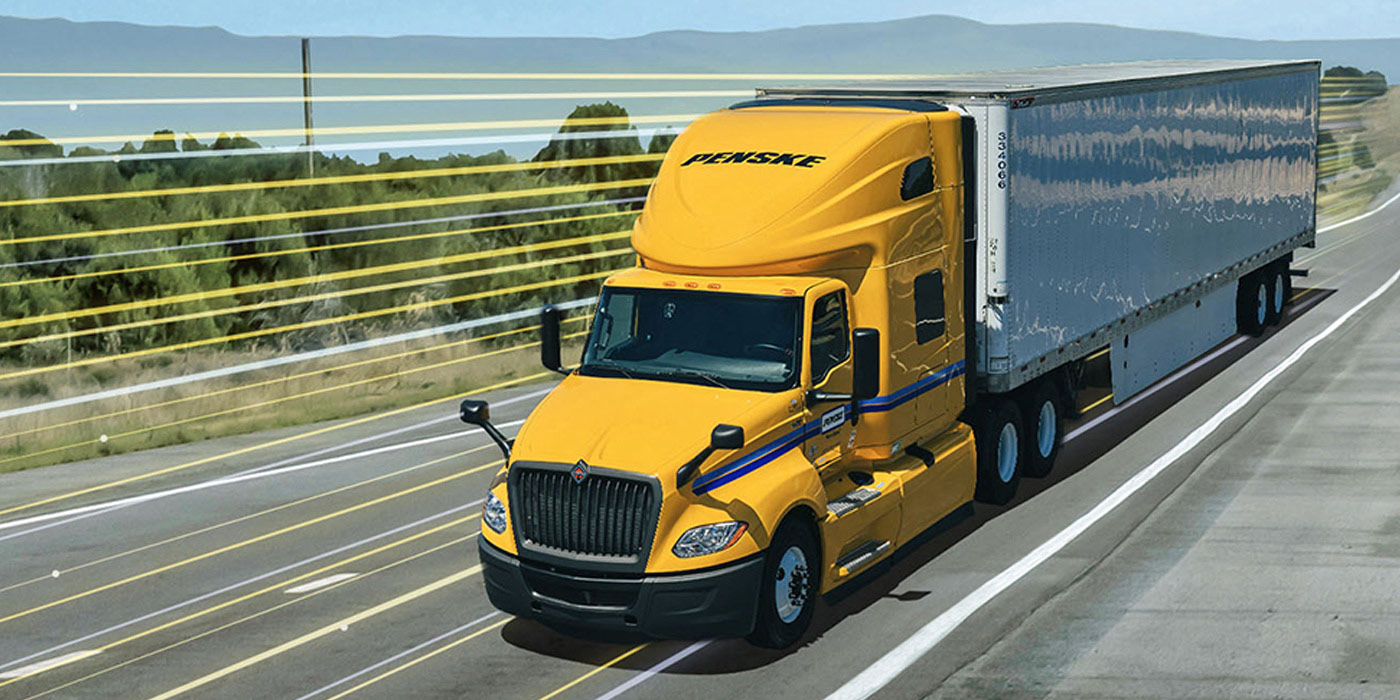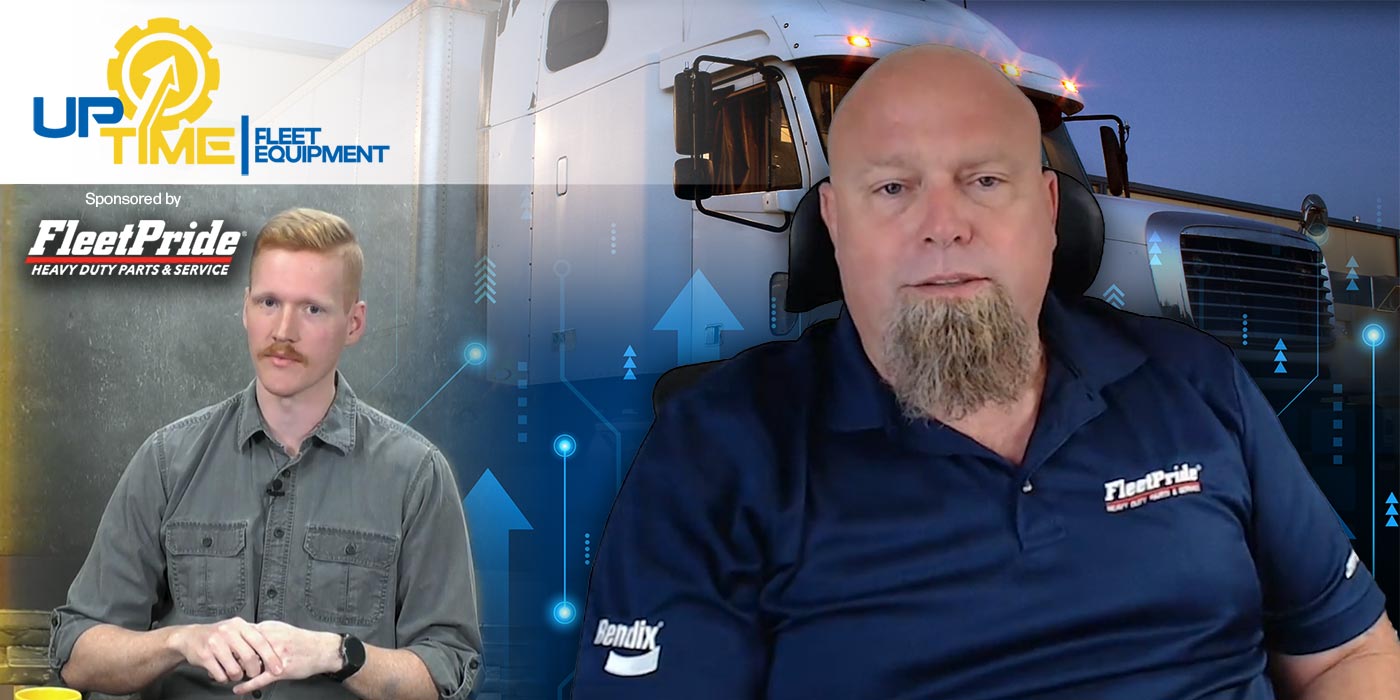In recent years, the trucking industry has seen a significant rise in nuclear verdicts—judgments where damages exceed $10 million. These verdicts can have catastrophic effects on fleet businesses, not only in financial terms but also in terms of reputation and operational viability. The threat of such outcomes makes the choice of equipment, such as trailer lighting systems, more than a matter of compliance or efficiency; it’s a strategic decision critical to the very survival of a fleet.
Navigating the high stakes of legal challenges
One of my fleet customers gave me feedback that when they go to trial, lawyers often hit them with ‘you put profit over safety.’ This really stuck with me. I understand that operational costs are high, but when tragedy strikes, it becomes absolutely necessary to show that corners were not cut to save a dollar. This is a reason to invest in premium products that are built to be reliable over time with proper maintenance.
It reveals a harsh reality: in the wake of accidents, the quality and reliability of a fleet’s equipment can be scrutinized, with inadequate systems being perceived as a direct neglect of safety in favor of cost savings.
The dire consequences of nuclear verdicts
Nuclear verdicts can be devastating for fleet businesses, often resulting in financial burdens that can cripple or even shut down operations. Beyond the immediate financial strain, these verdicts can tarnish a fleet’s reputation, making it difficult to attract business or negotiate insurance rates. The perception that a fleet has compromised safety can have lasting effects, impacting customer trust and business sustainability.
Investing in reliability as a strategic defense
In this high-stakes environment, investing in high-quality, reliable trailer lighting systems emerges as a crucial strategy for mitigating the risk of nuclear verdicts. Such investments signify a fleet’s commitment to safety, potentially swaying legal outcomes by demonstrating a proactive approach to minimizing risk. Reliable, well-maintained equipment can serve as a testament to a fleet’s dedication to safety, standing as a vital defense in the courtroom.
The indispensable value of premium products
The decision to invest in premium, reliable products goes beyond fulfilling regulatory compliance or enhancing operational efficiency; it’s a fundamental aspect of safeguarding the fleet against the devastating impacts of nuclear verdicts. Premium products, known for their durability and performance, can significantly reduce the likelihood of malfunctions that might lead to accidents, thereby lowering the risk of legal repercussions.
Conclusion
The rise of nuclear verdicts in the trucking industry underscores the critical importance of investing in reliability and quality in every aspect of fleet operations. As highlighted here, the choice to prioritize premium, reliable equipment is not merely a business decision; it’s a vital strategy for protecting against the catastrophic consequences of nuclear verdicts. In an era where safety cannot be compromised, such investments are not optional—they are essential for ensuring the longevity and success of fleet businesses in a challenging legal landscape.


